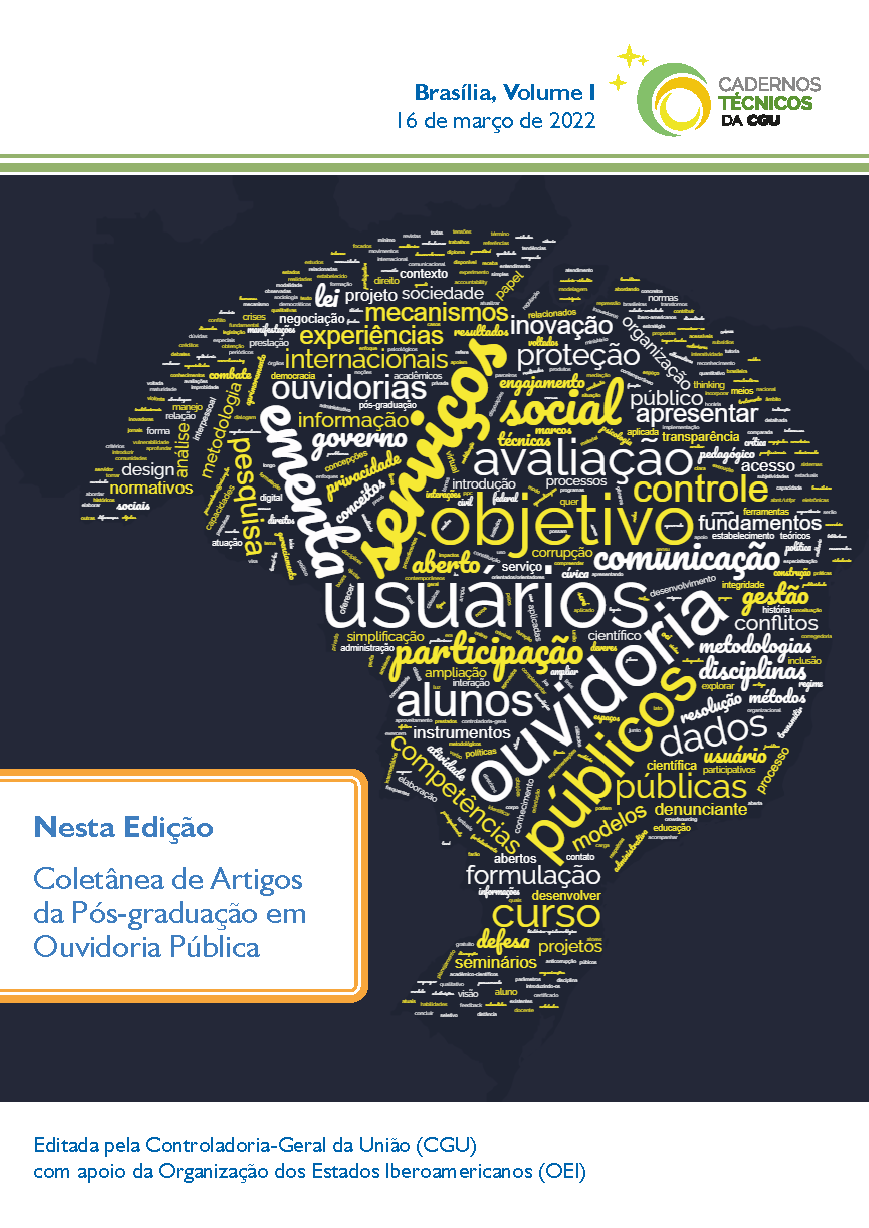Protection of whistleblowers and reporting channels in Brazil: anti-corruption advances and regulatory gaps vis-à-vis the Directive 2019/1937 of the European Parliament
Keywords:
Corrupção, denunciante de boa fé, proteção de dados, dados pessoais, ouvidoria públicaAbstract
Through identify the main categorical classes in a literature review, this qualitative and descriptive research uses content analysis on a normative basis to analyze the existing framework and legal gaps in Brazil, regarding the European Parliament Directive 2019/1937, which defines “common minimum standards for a high level of protection for people who report violations”, establishing deadlines for member countries to issue national regulations and create reporting channels. In recent years, Brazil has regulated the powers of public ombudsmen, the handling of reports of corruption in the public sector and the right to protection against some types of retaliation. However, there is no national policy to protect whistleblowers. The descriptive approach of this work is justified by the need to better understand the Directive, which is new even in the international scenario. Its originality lies in the lack of Brazilian’s studies on it but works in other countries are also rare. As a
research contribution, we consolidate a framework of national legal framework on denunciation and protection of whistleblowers, in addition to classifying the main characteristic aspects of the Directive and highlighting the gaps in Brazilian regulations. As a result, we conclude that, despite recent advances in whistleblower protection and whistleblowing channels, there are still gaps in the legislation, which includes the duty to protect and provides incentives for whistleblowing, but does not include important aspects, such as: scope, scope and definition of informant; definition of what is an act of retaliation; types of protection; applicable areas and themes; presumption of retaliation; scope and size of organizations required to institute protection policies. Thus, despite the existence of express legislation on the objective right to protection, the Brazilian framework needs to be regulated and strengthened, with persistence of substantial gaps that impede the full exercise of the right to freedom of expression.
Downloads
Published
Issue
Section
License
Copyright (c) 2022 Cadernos Técnicos da CGU

This work is licensed under a Creative Commons Attribution 4.0 International License.
-
The Cadernos da CGU follows the Creative Commons Attribution 4.0 International License (CC BY), which allows the use and sharing of published works with mandatory indication of authors and sources.
We highlight some essential and non-exhaustive points related:
- The submission of the proposal implies a commitment not to submit it to another journal and authorizes if approved, its publication.
- The submission of the proposal also implies that the author(s) agrees with the publication, without resulting in remuneration, reimbursement, or compensation of any kind.
- The published texts are the responsibility of the authors and do not necessarily represent the opinion of the journal.
- Responsibility for any plagiarism is the responsibility of the author(s).
- The person responsible for the submission declares, under the penalties of the Law, that the information on the authorship of the work is complete and correct.

